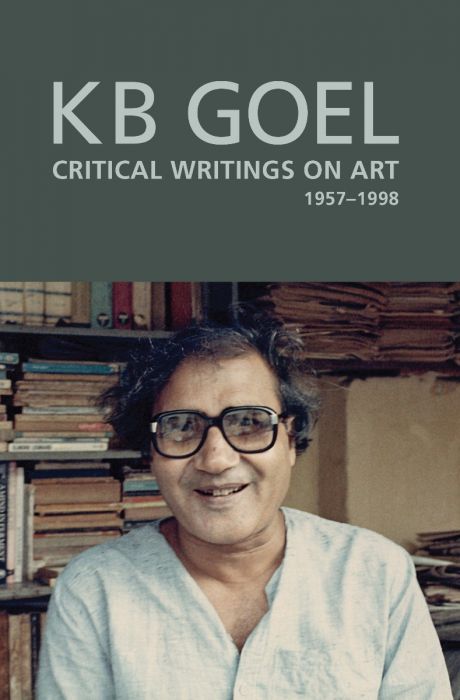K.B. Goel
The history and trajectory of Indian modern art, a little over a century old by broad consensus, has begun to receive close scholarly attention only in the last two or so decades. And within it, it is the dominant artists, movements and regions constituting its ‘canon’ that have received the greater attention. Only in more recent times have explorations begun into Indian modernism’s diverse, divergent and lesser-known strains, tracing new linkages and recovering voices that are continually enriching scholarship, particularly vis-à-vis contemporary art and its postmodern slants.
A significant and almost entirely neglected aspect of this history has been of art criticism that grew in parallel with the art. The art criticism that emerged in the late 1940s and ’50s drew from the same wellspring of innovation and hope that the period of the struggle for independence triggered in the nation’s art. Little has been recovered of this criticism as it developed over the next fifty years and has significantly contributed to our present-day understanding of modernism.
One among this formative generation of art critics was the Delhi-based K.B. Goel, active from the 1950s to the 1990s. This annotated volume brings together his major writings spanning close to a half-century of Indian art. Accompanied by a foreword by the well-known art critic Geeta Kapur and a critical introduction, it seeks to add to the ongoing project of recovering Indian modernism’s significant voices and thus contribute to its discourse, from the critic’s ringside position.

